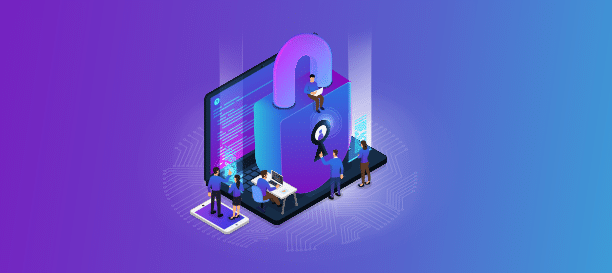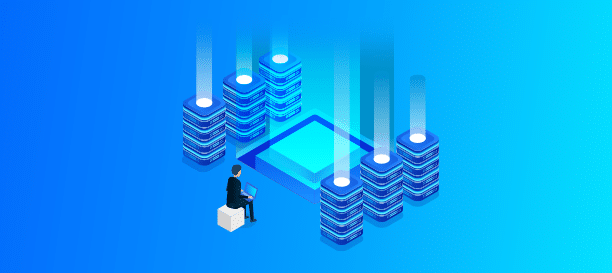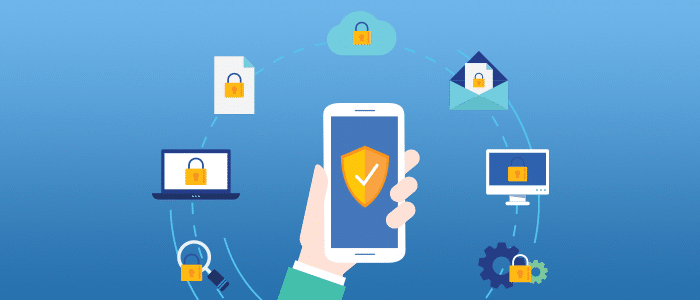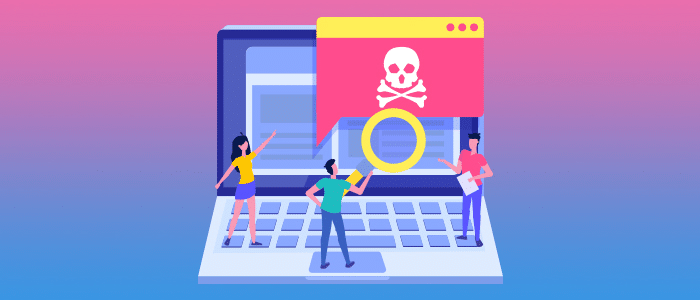A “Free” Covid Vaccine can give you a virus (and infect your IT network)With the pandemic still raging in most parts of the world, cybercriminals have come up with yet another novel technique to lure unsuspecting victims and steal their data--the free Covid-19Vaccine scam.
Blog
The latest tech news, tips, and trends to keep you up to date in our dynamic industry
Cyber Security training basics: Password best practices

Cyber Security training basics: Password best practices & phishing identification As a business you know the importance of ensuring that your data is safe from the prying eyes of cyber criminals. While anti malware software programs and firewalls are essential to doing this, another important element is, training your employees to identify the traps laid by cyber criminals.
What does cyber insurance typically cover?
Why does your business need cyber insurance?

Why does your business need cyber insurance?The WFH model makes businesses much more vulnerable and easy targets for cybercriminals. Some of the reasons include A lot of people accessing their work data from home networks, which lacks high-level security The inability of businesses to monitor the work-related IT activities of their staff and, The use of personal devices by employees for work purposesBusinesses can overcome this challenge through a combination of tools and actions such asInstalling anti-malware software Putting in firewalls to safeguard their work networkHaving clear and effective IT policies in place when operations are remoteProviding staff with laptops or desktops to use for work purposes during the WFH phaseTraining employees to identify cyber threats and steer clear of themEducating employees on password hygiene and cybersecurity best practicesHowever, these measures are no guarantee that nothing will ever go wrong! When you lose data accidentally or, when your data is compromised or held ransom, your first thought would be to get access to your data and get your business back on its feet.
WFH means more vulnerability to cybercrime

WFH means more vulnerability to cybercrime. Here are some methods to stay safeWFH opens up whole new horizons in terms of flexibility, productivity, and cost savings. But, it also opens your business up a little more to cybercriminals, as you can’t have a hands-on approach to cybersecurity, especially if your employees are using their own devices for work.
Data security in a WFH setup

Data security in a WFH setupDo you have staff working from home? With the pandemic still around, the answer to that question is most likely a “Yes”. And, that makes sense too, why risk the safety of your staff when you can operate equally well or even better with them working from the safety of their homes.
The challenges in establishing data security best practices

The challenges in establishing data security best practices in a WFH environmentThe COVID-19 pandemic changed the landscape of the corporate world drastically by making WFH, mainstream.. What does that mean for your business data? How does it change your business’s cyber risk profile? Download our whitepaper, The WFH environment & associated data risks, a new perspective, to find out.
WFH is here to stay Are you ready?

WFH is here to stay. Are you ready?The COVID-19 pandemic brought about tremendous, unimaginable changes across the world. Lockdown, shelter-in-place orders, ban on gatherings for safety purposes and national and international travel restrictions meant the world, and businesses couldn’t function as they were doing in the pre-pandemic times.
Branding

Branding
Another less direct effect of cybercrime's attack on revenues is the impact on your brand. When a data breach or DoS occurs, a firm's brand takes a hit. There isn't any reader out there who, upon hearing the name of a particular retailer or financial firm, won't immediately recall that firm as having been the victim of a large cyber attack and data breach.
The costs of defense

The costs of defense
The most common methods that criminals use to break into our data and operations are fraudulent emails, viruses and malware, impersonization attempts, and ransomware. Whether It is done with a goal of shutting you down–such as a denial of service (DoS), pure mischief, or from the desire to access and use your data for profit, cybercrime damages your business.










